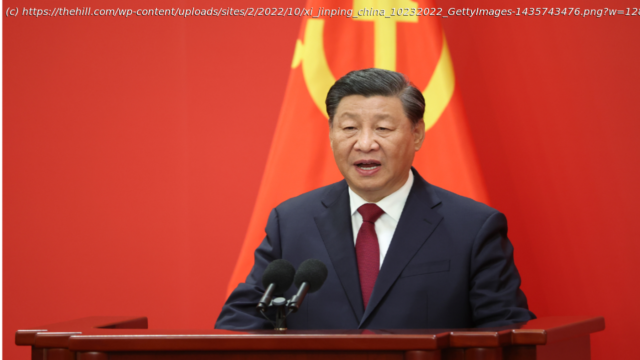Array
Chinese companies as varied as Tencent, Huawei, Baidu, Alibaba, and Xiaomi not only dominate China’s internet, e-commerce, telecommunications, and smart device industries but have become major players on the global stage. With the pandemic now ebbing in China, there is hope in some quarters that its tech industry will lead the nation in a swift recovery.
But not so fast.
Like the mythical ouroboros or ancient dragon that in a circular depiction eats itself tail-first, the state-enterprise model that is central to China’s 40 years of economic growth is at risk of self-destruction.
While Chinese tech companies should be credited for hard work and smart strategies, their decades-long success is largely a function of their unique governance model. Whereas most Western business and government policy makers view China’s companies as independent, multi-billion-dollar enterprise, they fail to appreciate that what they see is only the nose of a multi-trillion-dollar beast. As we describe in our just-released book, “Enterprise China,” Chinese companies are part of an entire ecosystem of companies tied together by the largest entity on the planet (by employment — the second-largest by revenues): the Chinese State.
Although Beijing no doubt plays a prominent role, the central government is only part of the state picture, capturing 45 percent of total state revenues in 2021. Often overlooked are the powerful provincial and municipal governments, which took in 55 percent of all fiscal revenues ($1.74 trillion in total) in 2021. As an example of the weight that municipalities can bring to the party, consider the city of Shanghai’s $1.5 billion fund to “nurture” tech companies, which includes taking equity positions in start-ups.
Enterprise China consists of the roughly 150,000 state-owned enterprises. Collectively, these bring in over $9.8 trillion in revenue, and constitute 61 percent of all Chinese firms on the Fortune Global 500 list. Their economic production is about the same as the nominal GDP of Germany and larger than the economies of India and France.
But the observant reader might note that many of the companies we listed at the beginning of this article — such as Alibaba — are not technically state-owned. While not state-owned, the state nonetheless often has small ownership holding, through which they gain owner’s rights.






